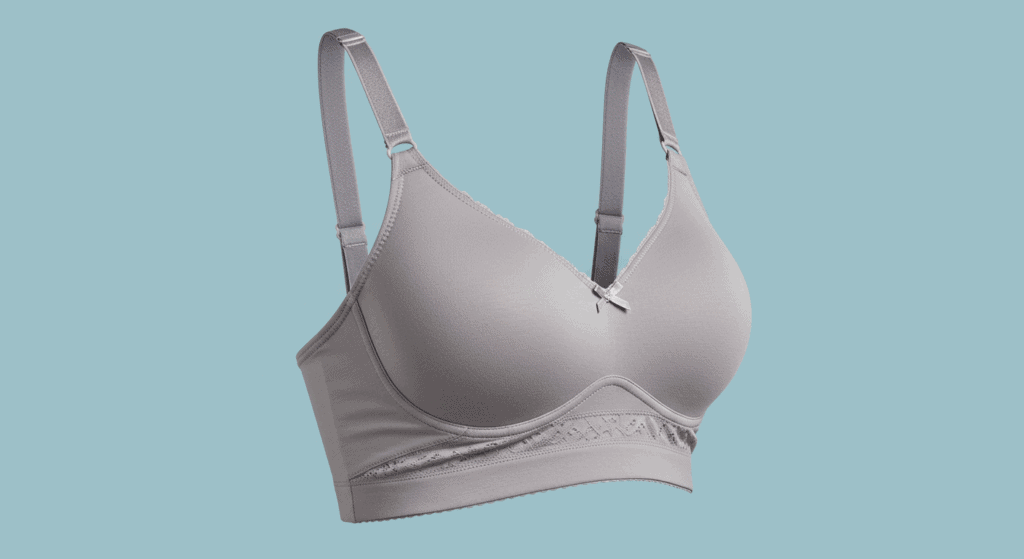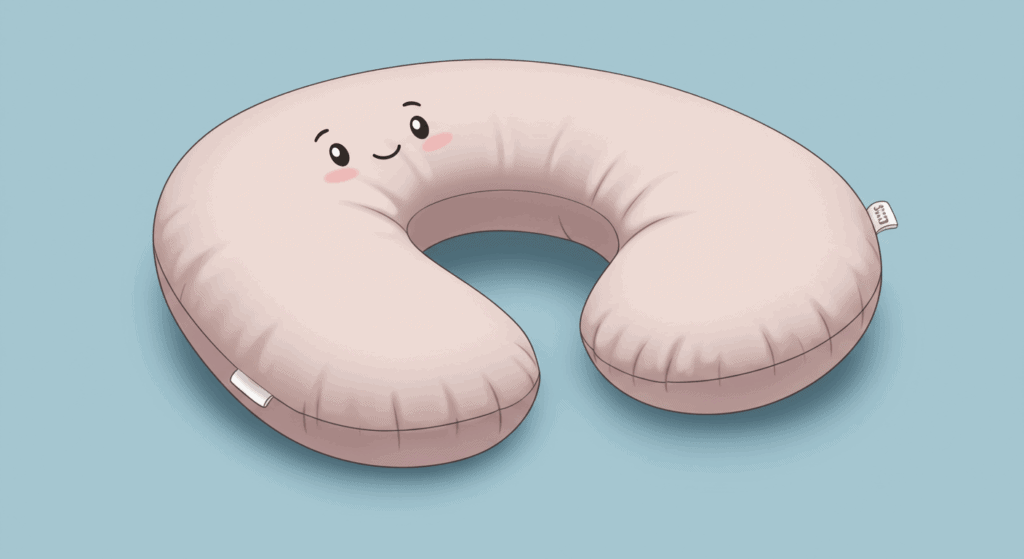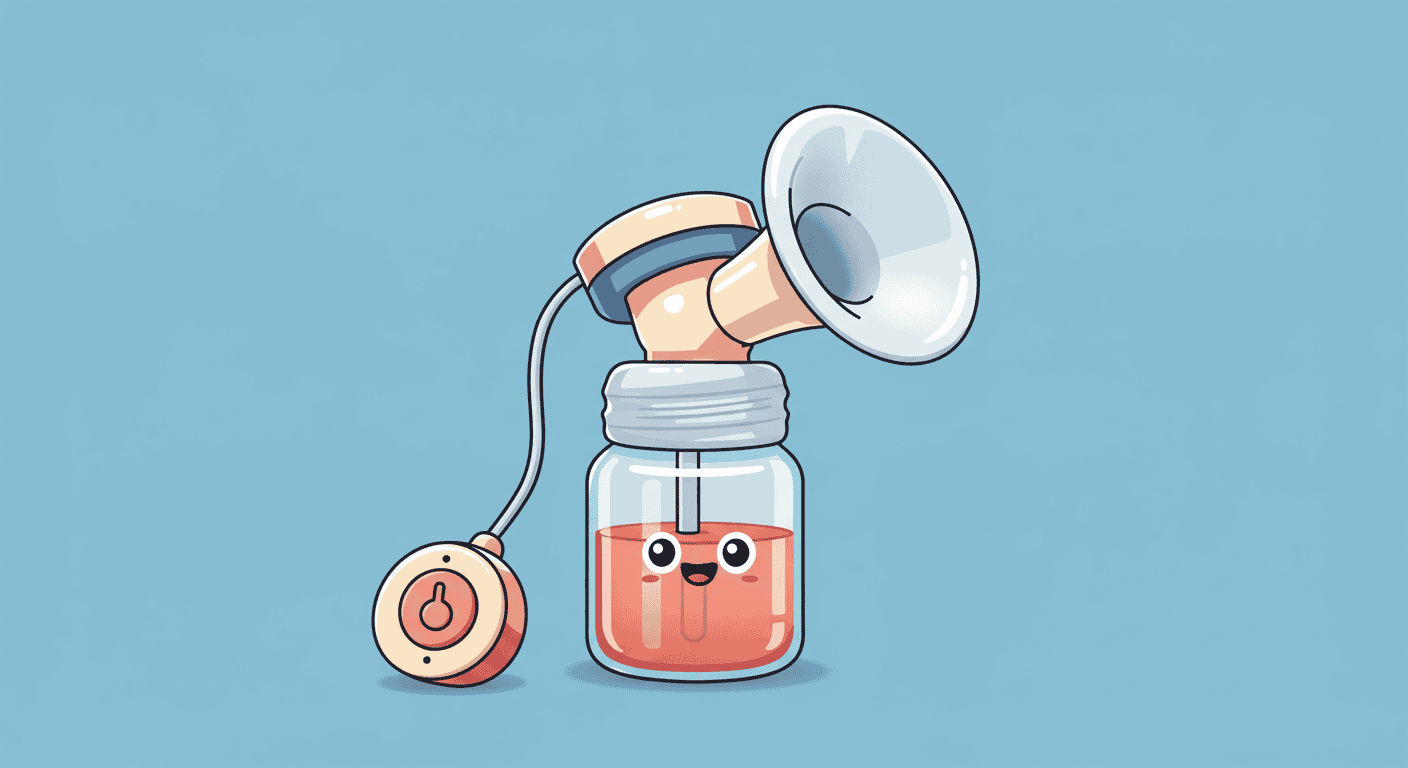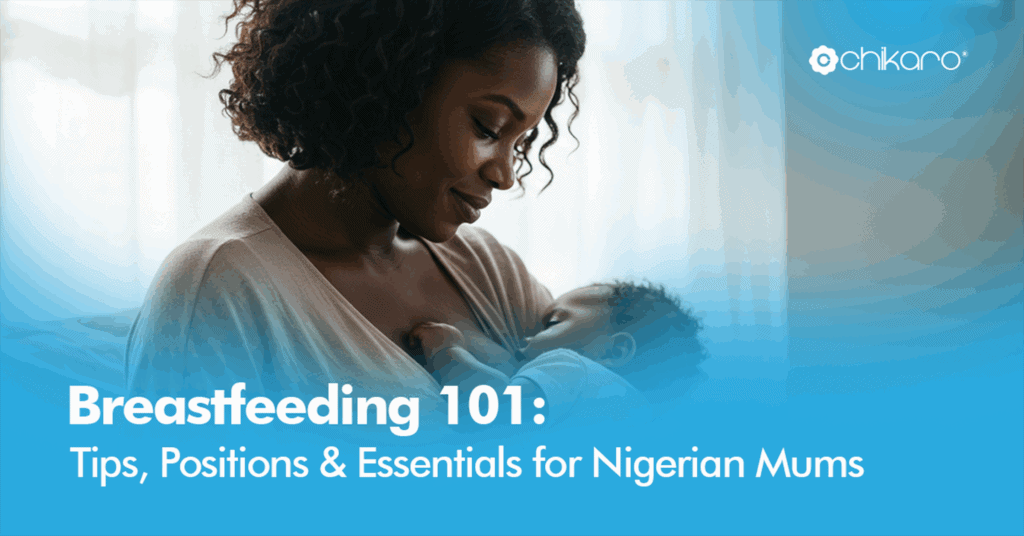Breastfeeding is natural but that doesn’t mean it’s always easy. According to Motherly, 70% of women have issues with breastfeeding – from latching struggles to sore nipples, new mums often face challenges no one warns them about. With the right information, positioning, and support tools, you can breastfeed confidently and comfortably.
At Chikaro, we’re all about supporting Nigerian mums from bump to baby. That’s why we created this detailed guide packed with practical breastfeeding tips for Nigerian mums – covering everything from the benefits of breast milk, common challenges, positions, essentials, and even public feeding advice. Whether you’re a first-time mum or adding another baby to the family, this guide will help you feel prepared and supported.
Why Breastfeeding Matters
Breast milk is often called “liquid gold,” and for good reason. It’s tailor-made for your baby’s needs at every stage.
Benefits for Baby
- Provides all the essential nutrients for growth.
- Strengthens the immune system, protecting against infections.
- Promotes brain development.
- Easier to digest than formula.
Benefits for Mum
- Helps the uterus contract after childbirth.
- Lowers the risk of breast and ovarian cancer.
- Reduces the chance of postpartum depression.
- Saves money compared to formula feeding.
In Nigeria, health experts and the World Health Organization recommend exclusive breastfeeding for the first six months of life. After that, mums can introduce complementary foods while continuing to breastfeed up to two years or beyond.
One of the most powerful breastfeeding tips for Nigerian mums is this: remember that your milk is enough for your baby in those first six months – no pap, no water, just breast milk.
Common Breastfeeding Challenges (And How to Overcome Them)
Breastfeeding doesn’t always come naturally. Many Nigerian mums face challenges that can feel discouraging but the good news is, most of them can be solved.

1. Poor Latch
If your baby isn’t latching properly, feeding can be painful and your baby may not get enough milk.
Solutions:
- Try different breastfeeding positions until you find one that works.
- Make sure your baby’s mouth covers the areola, not just the nipple.
- Gently guide your baby’s chin and nose to your breast.
Practical breastfeeding tips for Nigerian mums: Watch for a wide-open mouth before latching. If it hurts throughout the feed, unlatch gently with your finger and try again.
2. Sore Nipples
This is one of the most common complaints in the first weeks.
Solutions:
- Apply a few drops of breast milk to your nipple and let it air dry.
- Use lanolin or natural nipple creams.
- Ensure your baby has a proper latch.
Important breastfeeding tips for Nigerian mums: Avoid harsh soaps on your breasts – they dry out the skin and worsen soreness.
3. Low Milk Supply
Many Nigerian mums worry they don’t have enough milk. But often, supply issues are linked to feeding patterns.
Solutions:
- Stay hydrated (drink water, pap, or zobo without excess sugar).
- Eat lactation-boosting foods like oats, moringa, and groundnuts.
- Breastfeed often – milk works on supply and demand.
- Use a breast pump in between feeds to stimulate more milk.
Among the most useful breastfeeding tips for Nigerian mums is to avoid comparing your milk output with others. Every woman’s body is unique.
4. Engorgement or Blocked Ducts
Full, painful breasts can be overwhelming.
Solutions:
- Apply a warm compress before feeding.
- Gently massage your breast while nursing.
- Use cold packs after feeds to reduce swelling.
- Feed frequently, don’t “save up” milk.
Helpful breastfeeding tips for Nigerian mums: If you notice hard lumps that don’t go away, consult a doctor – it could be mastitis.
Best Breastfeeding Positions
Finding the right position can make breastfeeding more comfortable for both mum and baby.
1. Cradle Hold
- Baby’s head rests in the bend of your elbow.
- Great for older babies with good head control.
2. Cross-Cradle Hold
- Baby’s head is supported by the opposite arm.
- Perfect for newborns or when practicing latch.
3. Football Hold (Clutch Hold)
- Baby is tucked under your arm like a football.
- Excellent for mums with C-sections or larger breasts.
4. Side-Lying Position
- Both you and baby lie on your sides facing each other.
- Ideal for night feeds and rest.
- A timeless breastfeeding tip for Nigerian mums: Always keep baby’s tummy facing your tummy—this prevents twisting and helps with proper latch.
Must-Have Breastfeeding Essentials for Nigerian Mums
The right tools make breastfeeding smoother and less stressful. Here are some essentials every Nigerian mum should consider:
Nursing Bras – for easy access and better support.

Nursing Pillow – elevates baby and reduces back pain.

Nipple Cream – soothes soreness.
Breast Pads – prevent embarrassing leaks.
Breast Pump – manual or electric, for expressing milk.

Feeding Bottle Set – for expressed milk or combo feeding.

Burp Cloths – keeps your clothes clean.
Nursing Covers – for discreet public feeding.
At Chikaro, we offer affordable and stylish versions of these essentials, hand-picked for Nigerian mums.
Another practical breastfeeding tip for Nigerian mums: Keep a “feeding basket” near your chair with all your essentials – pads, water, snacks, and your phone.
Tips for Breastfeeding in Public
Breastfeeding in public can feel awkward at first, especially in Nigeria where cultural perceptions vary. But your baby’s hunger is more important than stares.
Tips:
- Use a lightweight nursing cover or large scarf.
- Choose nursing-friendly tops or dresses.
- Politely excuse yourself if you prefer privacy.
- Remember: there’s no shame in feeding your baby wherever you are.
Empowering breastfeeding tips for Nigerian mums: Practice at home in front of a mirror to build confidence before breastfeeding in public.
Nutrition and Lifestyle for Better Breastfeeding
Your diet and habits affect milk quality and supply.
Foods to Include
- Oats, pap, millet, and guinea corn.
- Vegetables like ugu, moringa, and spinach.
- Protein-rich foods like beans, fish, and chicken.
- Healthy fats like avocados and groundnuts.
What to Limit
- Excess caffeine (too much coffee or Coke).
- Alcohol.
- Overly spicy or gassy foods if they upset your baby.
Nutrition-based breastfeeding tips for Nigerian mums: Keep a reusable water bottle nearby and sip throughout the day. Hydration is key!
When to Ask for Help
Sometimes, breastfeeding challenges need professional support.
Seek help if:
- Baby isn’t gaining weight.
- You’re in constant pain.
- Nipples are cracked or bleeding.
- Milk hasn’t come in after 5 days.
Lactation consultants, midwives, or experienced breastfeeding counsellors can provide guidance.
One of the most important breastfeeding tips for Nigerian mums: Asking for help is a sign of strength, not weakness.
Cultural and Family Support in Nigeria
In Nigerian households, family involvement can be a blessing or a source of pressure. Some relatives may encourage early introduction of water or pap.
Practical breastfeeding tips for Nigerian mums: Educate family members gently about the benefits of exclusive breastfeeding. Show them pamphlets or ask your midwife to explain. Having their support makes the journey easier.
Breastfeeding and Working Nigerian Mums
Returning to work doesn’t mean you have to stop breastfeeding.
Tips:
- Express milk in advance and store safely.
- Use insulated coolers or thermos flasks for transport.
- Invest in a portable breast pump.
- Negotiate break times with your employer for pumping.
Key breastfeeding tips for Nigerian mums: Build a freezer stash gradually before maternity leave ends – it reduces stress.
Final Thoughts
Breastfeeding may have a learning curve, but you don’t have to figure it out alone. With the right knowledge, support products, and encouragement, you’ll find your rhythm.
This guide has shared practical breastfeeding tips for Nigerian mums from solving latching issues to choosing positions, navigating public feeds, and balancing work with motherhood.
At Chikaro, we’re here to walk this journey with you. From feeding pillows to nursing bras, pumps, and covers, we’ve got everything you need to feed with ease and confidence.
Remember: Breastfeeding is not just about nutrition. It’s about bonding, love, and giving your baby the healthiest start in life. And with these breastfeeding tips for Nigerian mums, you’re already on the right path.






